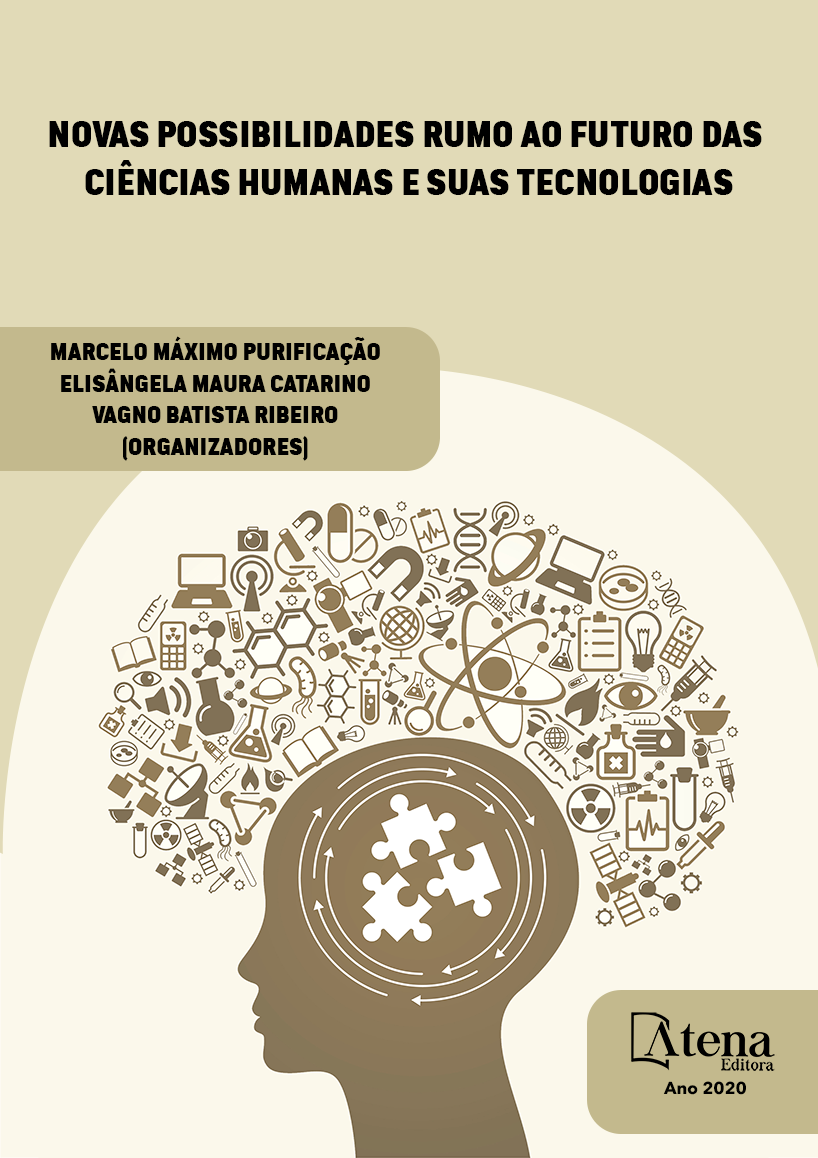
A RELEVÂNCIA DO DIREITO À DESCONEXÃO PARA A PRESERVAÇÃO DE DIREITOS FUNDAMENTAIS NO TELETRABALHO
Com o objetivo de acompanhar as novas maneiras de trabalho que despontaram com a globalização e a Revolução Tecnológica, o teletrabalho surgiu como um jeito de flexibilizar os postos de trabalho, sendo uma nova possibilidade rumo ao futuro das ciências humanas e suas tecnologias laborais. Foi nesse viés que a reforma trabalhista, por meio da Lei nº 13.467/17, incluiu na Consolidação das Leis Trabalhistas (CLT) um capítulo para tratar especificamente deste tema, inserindo na legislação pátria uma regulamentação mais específica sobre o teletrabalho. Entretanto, restaram pontos controvertidos que ergueram indagações pela doutrina e jurisprudência nacionais. O presente trabalho teve como objetivo produzir uma investigação sobre a possibilidade do direito à desconexão dos teletrabalhadores. Para tanto, foi adotado o método hipotético-dedutivo, já que a pesquisa foi elaborada a partir da suposição de um óbice – a dificuldade em executar o direito à desconexão aos teletrabalhadores –, seguida de uma investigação do alcance da problemática que foi abordada, constatando, ao final, possíveis soluções para o conflito. Em relação à técnica da pesquisa, investigaram-se os casos por meio de pesquisa bibliográfica e documental, com o uso de referências teóricas. Utilizou-se como base as mudanças no ordenamento jurídico brasileiro trazidas com a reforma trabalhista e o significado de incluir o teletrabalho no artigo 62, a partir do inciso III da CLT, que retirou a obrigatoriedade de definição de jornada para os teletrabalhadores. Dessa maneira, buscou-se trazer as bases do teletrabalho, sua história, evolução e características. Outrossim, mostrou-se o dano existencial nas relações do teletrabalho e os desafios de concretização do direito à desconexão. Por fim, concluiu-se que há a efetiva probabilidade de se conceder o direito à desconexão, tendo em vista que os instrumentos tecnológicos utilizados pelo teletrabalho permitem a organização da jornada, podendo-se reduzir os danos oriundos dos excessos praticados nessa modalidade de labor.
A RELEVÂNCIA DO DIREITO À DESCONEXÃO PARA A PRESERVAÇÃO DE DIREITOS FUNDAMENTAIS NO TELETRABALHO
-
DOI: 10.22533/at.ed.76820020419
-
Palavras-chave: Tecnologias laborais. Reforma Trabalhista. Dano existencial. Direito à Desconexão.
-
Keywords: Labor Technologies. Labor reform. Existential damage. Right to Disconnect.
-
Abstract:
In order to keep up with the new ways of working that have emerged with globalization and the Technological Revolution, teleworking has emerged as a way of making jobs more flexible and a new possibility for the future of the humanities and their technologies. In this way the labor reform, through Law No. 13.467 / 17, included in the Consolidation of Labor Laws (CLT) a chapter to deal specifically with this issue, inserting in the homeland legislation a more specific regulation on telecommuting. However, controversial points remained that raised questions about national doctrine and jurisprudence. The present work had as objective, then, to produce an investigation about the possibility of the teleworkers' right to disconnect. Therefore, the hypothetical-deductive method was adopted, since the research was based on the assumption of an obstacle - the difficulty in executing the right to disconnect teleworkers -, followed by an investigation of the scope of the problem that was addressed, noting, in the end, possible solutions to the conflict. Regarding the research technique, the cases were investigated through bibliographic and documentary research, using theoretical references. The basis of the changes in the Brazilian legal system brought with the labor reform and the meaning of including teleworking in article 62, based on clause III of III, which removed the obligation to define working hours for teleworkers. Thus, we sought to bring the basis of telework, its history, evolution and characteristics. In addition, the existential damage in teleworking relationships and the challenges of realizing the right to disconnection were shown. Finally, it was concluded that there is an effective probability of granting the right to disconnection, given that the technological tools used by teleworking allow the organization of the journey, reducing the damage resulting from the excesses practiced in this type of work.
-
Número de páginas: 15
- Thiago Melo Façanha
- Roberta Calazans Menescal de Souza Gomes
- Jéssica Porto Cavalcante Lima Calou


